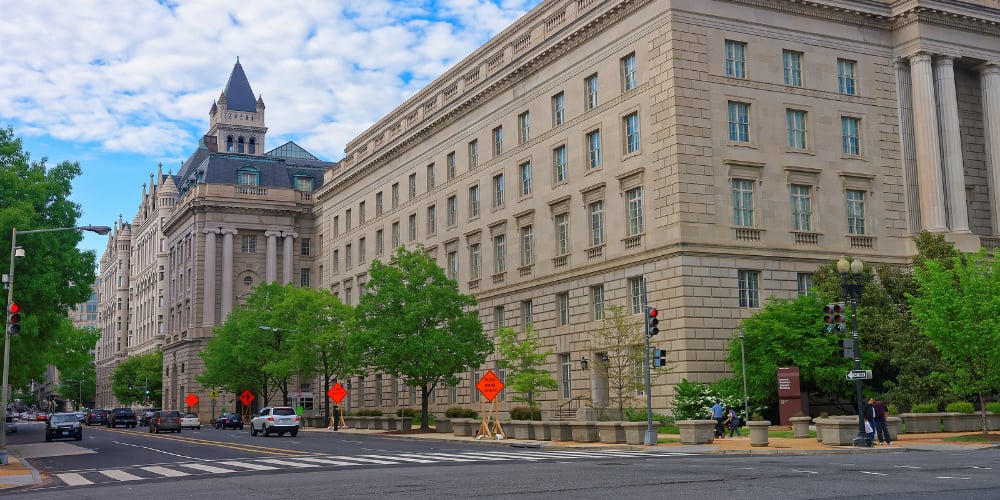IRS provides simplified process for 60-day rollover waiver

The IRS has simplified the process for taxpayers to request a waiver of the 60-day rollover requirement when they miss the deadline. Revenue Procedure (Rev. Proc.) 2016-47 provides for a self-certification procedure that taxpayers may use to claim eligibility for a waiver. It also serves as a safe harbor for IRA trustees and custodians that rely on the certification in accepting and reporting receipt of the rollover contribution.
Under the tax law, a distribution from an IRA or employer-sponsored retirement plan qualifies for tax-free rollover treatment if it is contributed to another IRA or employer-sponsored retirement plan within 60 days of receipt. If the deadline is missed, the distribution is taxable, and may be subject to an additional 10 percent penalty tax.
For as long as IRAs have existed, taxpayers have been missing the 60-day deadline. For years, the IRS took the position that it lacked authority to waive the deadline. That changed when the Economic Growth and Tax Relief Reconciliation Act of 2001 (EGTRRA) gave the IRS authority to waive the 60-day deadline where the failure to do so “would be against equity or good conscience, including casualty, disaster, or other events beyond the reasonable control of the individual subject to such requirement.”
In 2003, the IRS issued Rev. Proc. 2003-16 that outlined the process for applying to the IRS for a waiver of the 60-day deadline in instances where an automatic waiver of the deadline is available. Unless taxpayers were eligible for an automatic waiver, they had to apply for a waiver using the same procedure used for IRS letter rulings. Over the years, thousands of taxpayers applied to the IRS for private letter rulings and many—but not all—were granted waivers. Then, in 2016, the IRS increased the user fee for private letter rulings to $10,000, making the option impractical, except in the case of very large distribution amounts.
Under the new guidance, in lieu of obtaining a private letter ruling, taxpayers may self-certify that they qualify for a waiver of the 60-day rollover requirement, using the IRS model certification letter in the revenue procedure, or a letter that is substantially similar to the IRS model.
Taxpayers may self-certify only if the IRS has not previously denied a waiver request with respect to the distribution in question, the deadline was missed for one or more of the reasons listed in the revenue procedure, and the contribution is made to the IRA or employer-sponsored retirement plan “as soon as practicable” after the reason (or reasons) that the taxpayer missed the deadline no longer prevents the taxpayer from making the contribution. The revenue procedure provides taxpayers with a 30-day safe harbor to meet the “as soon as practicable” requirement.
For purposes of self-certification, the revenue procedure lists the following reasons for missing the deadline.
- Financial institution error
- Distribution check was misplaced and never cashed
- Distribution was deposited into and remains in an account that the taxpayer mistakenly believed was an eligible retirement plan
- Taxpayer’s residence was severely damaged
- Member of the taxpayer’s family died
- Taxpayer or a member of the taxpayer’s family was seriously ill
- Taxpayer was incarcerated
- Restrictions were imposed by a foreign country
- Postal error
- Distribution occurred because of an IRS levy and the levy proceeds were returned to the taxpayer
- Distributing party delayed providing information required by the receiving IRA or employer-sponsored retirement plan to complete the rollover, despite the taxpayer’s reasonable efforts to obtain the information
Rev. Proc. 2016-47 benefits credit unions that offer IRAs to their members because of its safe harbor provision. As an IRA trustee or custodian, a credit union can rely on the taxpayer’s self-certification that he or she has met the conditions for a waiver of the 60-day rollover requirement, unless the credit union has actual knowledge contrary to the self-certification. The IRS intends to modify the instructions to IRS Form 5498, IRA Contribution Information, to require IRA trustees and custodians that accept a rollover contribution after the 60-day deadline report that the contribution was accepted after the deadline.
The new procedure also benefits credit union members who miss the 60-day rollover deadline and would not be able to afford to request a private letter ruling.
That said, it is important for taxpayers to understand that self-certification is not a waiver by the IRS of the 60-day rollover requirement. However, a taxpayer may report the contribution as a valid rollover unless informed otherwise by the IRS. And, if in the course of an examination, the IRS determines that the requirements for a waiver were not met, the taxpayer may be subject to additional taxes and penalties.
Credit unions would be well-advised to recommend to members who miss the 60-day rollover deadline to seek competent tax advice to determine the options available to them. In some cases, requesting a private letter ruling may be a better option, as it provides certainty as to the tax treatment of the transaction. And, if the taxpayer does not qualify for an automatic waiver or self-certification, a private letter ruling is the only option.





